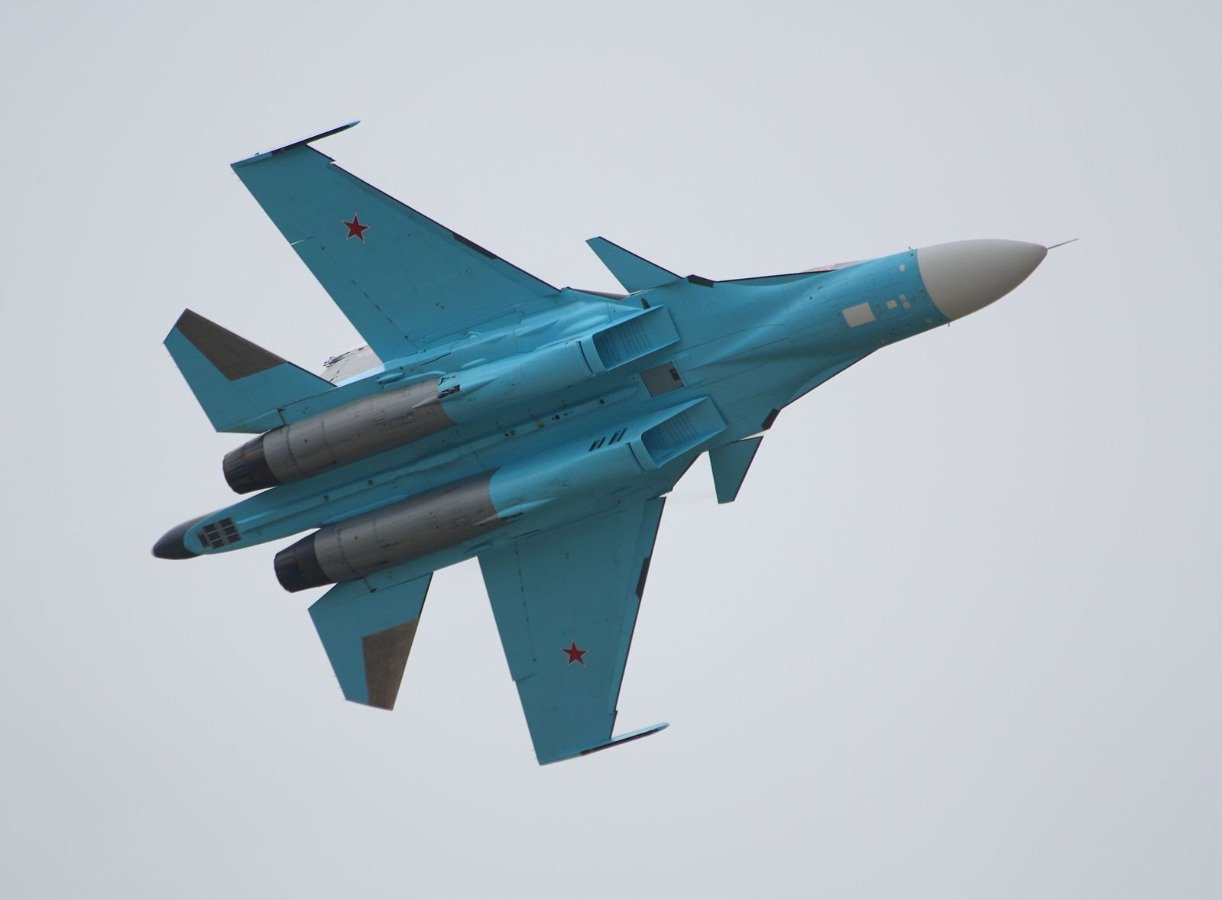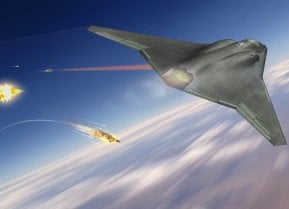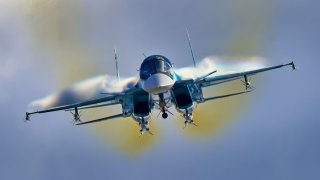Germany's IRIS-T Missiles: Ukraine's Secret Weapon Against Russia's Su-34
Since the start of the Ukraine war, Russia's Su-34 bomber has been a dominant threat, frequently striking Ukrainian frontline positions. However, Ukraine's layered air defenses, featuring systems like the German IRIS-T, Soviet-era S-300s, and U.S. Patriots, have proven effective at downing Russian aircraft. The IRIS-T system, in particular, has had a 95% hit rate, with Germany supplying more units to bolster Ukraine's defenses.
Summary and Key Points: Since the start of the Ukraine war, Russia's Su-34 bomber has been a dominant threat, frequently striking Ukrainian frontline positions. However, Ukraine's layered air defenses, featuring systems like the German IRIS-T, Soviet-era S-300s, and U.S. Patriots, have proven effective at downing Russian aircraft. The IRIS-T system, in particular, has had a 95% hit rate, with Germany supplying more units to bolster Ukraine's defenses.
-However, rising political opposition in Germany from parties skeptical of continued involvement in the war may jeopardize future weapons transfers, potentially weakening Ukraine’s ability to sustain its defense efforts.
Germany's IRIS-T vs. Russia's Su-34: How Ukrainian Forces Are Fighting for Air Superiority
Russia and Ukraine have been jockeying for air dominance since the start of the war. Russia’s Su-34 has been especially devastating – the twin-seat bomber has become the primary platform Russia uses to decimate Ukrainian forces on the frontlines.
The Ukrainians, for their part, have deployed a coterie of anti-aircraft systems at the front to counter the threat posed by the Russian Su-34. Systems such as the old Soviet S-300, US-provided Patriot Missile Batteries, and the U.S. Army’s M142 High Mobility Artillery Rocket System have all helped create layered defenses against sensitive frontline targets for the Ukraine side.
Because of these layered defenses, multiple Su-34s have been downed over the course of the conflict. The Russian industrial base, however, has been able to maintain enough units to offset the high losses Ukraine is imposing upon them.
The IRIS-T
One air defense system that has made a difference in the conflict has been the German-built IRIS-T medium-range infrared homing missile system. These systems have ensured that Ukraine maintains a fighting edge despite being outmatched by the Russians. Indeed, German Chancellor Olaf Sholz has argued that the IRIS-Ts in Ukraine have “shot down over 250 projectiles of various sorts.” He further claimed that there was a “hit rate of 95 percent.”
These systems were initially designed in the 1980s as merely an air-to-air missile system. But they were quickly adapted for air-to-surface mission sets, too.
Berlin has authorized an additional transfer of 17 IRIS-T systems over the course of this year. This is a stark turnaround for Germany, which had previously been accused of slow-walking its military aid to Ukraine. A little more than a year ago, Western media sources had derided Sholz for saying his government would support Ukraine while not following through on those statements of strong support. (This came to be known as “Sholzing”).

The evolving political situation in Germany leaves a lot of uncertainty about whether the support will continue. Recent elections in key provinces such as Thuringia have seen the right-wing Alternative for Germany (AfD) and the left-wing Bündis Sarah Wagenkneckt (BSW) party notch important victories. While very different from each other, the two parties share one thing in common: opposition to the Ukraine War – and, by extension, skepticism toward the NATO alliance.
The Strategic Implications
If their victories continue, the likelihood weapons transfers from Germany will continue is low.
Eurocrats argue these transfers of weapons are meant to end the war quicker, in Ukraine’s favor). Sadly for Kyiv, this has not been the reality. They are merely dragging out what should have been obvious to both warring parties for the last two years: they must negotiate a settlement.
If the only thing keeping Ukraine in the war with Russia are weapons transfers of the kind that Germany is now providing, then if those transfers stop, the Ukrainians would be unable to sustain their war effort, and Russia would win.
Author Experience and Expertise: Brandon J. Weichert
Brandon J. Weichert, a National Interest national security analyst, is a former Congressional staffer and geopolitical analyst who is a contributor at The Washington Times, the Asia Times, and The-Pipeline. He is the author of Winning Space: How America Remains a Superpower, Biohacked: China’s Race to Control Life, and The Shadow War: Iran’s Quest for Supremacy. His next book, A Disaster of Our Own Making: How the West Lost Ukraine, is due October 22 from Encounter Books. Weichert can be followed via Twitter @WeTheBrandon.
All images are Creative Commons or Shutterstock.
From the Vault
Russia Freaked Out: Why the U.S. Navy 'Unretired' the Iowa-Class Battleships
Battleship vs. Battlecruiser: Iowa-Class vs. Russia's Kirov-Class (Who Wins?)


